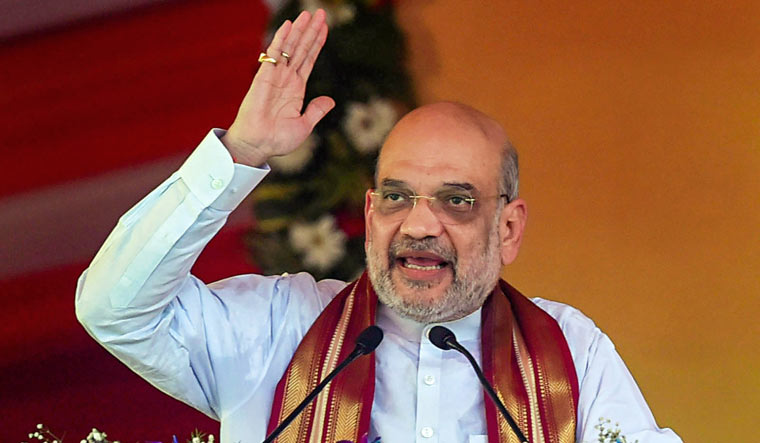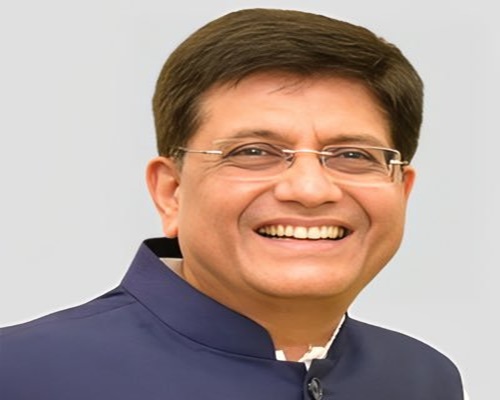As the 2024 Lok Sabha elections approach, the Bharatiya Janata Party (BJP) is adopting a dual strategy of continuity and change to secure its position and expand its influence. The party is confident that the policies and achievements of the past eight years have paved the way for India’s progress, and it now aims to build on these successes while introducing new reforms in key areas.
Continuity: Building on Achievements
The BJP sees continuity as a cornerstone of its strategy. The party believes that the government’s efforts over the past eight years have set the country on a path of rapid development. Key achievements the party highlights include:
- Economic Growth: India has emerged as one of the fastest-growing economies globally, and the BJP aims to sustain this momentum.
- Welfare Programs: The government has launched several welfare schemes aimed at uplifting the poor, benefiting millions of people across the country.
- Infrastructure Development: Significant investments in infrastructure have transformed the country’s connectivity, transportation, and urban development.
The BJP is determined to continue these initiatives to solidify India’s standing as a global leader and to ensure further development.
Change: Reforms for a Better Future
While continuity is important, the BJP also recognizes the need for change in certain critical areas to achieve further development. Key areas identified for improvement include:
- Education: Enhancing the quality of education to equip future generations with the skills needed for a modern economy.
- Healthcare: Strengthening the healthcare system to ensure universal access to quality medical services.
- Environment: Taking steps to address environmental challenges and promote sustainable development.
The BJP believes that reforms in these areas will ensure a prosperous and equitable future for all citizens.
New Faces and the End of Regional Satraps
In addition to continuity and change, the BJP is also undergoing a shift in leadership dynamics. Recent appointments of new Chief Ministers and Deputy Chief Ministers in key states like Rajasthan, Madhya Pradesh, and Chhattisgarh reflect the party’s desire to move beyond regional satraps and embrace fresh talent.
- In Rajasthan, Bhajanlal Sharma, a first-time MLA, has been appointed Chief Minister.
- In Madhya Pradesh, Mohan Yadav, a seasoned leader with no previous experience as Chief Minister, takes the helm.
- In Chhattisgarh, Vishnu Dev Sai, an experienced leader and former MP and Union Minister, has been chosen as the Chief Minister.
These appointments signal a shift in the BJP’s approach, with the party now focusing on new and capable leaders rather than relying solely on established regional figures. This move is part of a broader strategy to strengthen the party’s national presence and ensure effective governance.
In conclusion, as the BJP prepares for the 2024 elections, it is emphasizing a blend of continuity in its development agenda and a commitment to change through new reforms and leadership. This approach aims to secure its hold on power while responding to evolving national needs.




